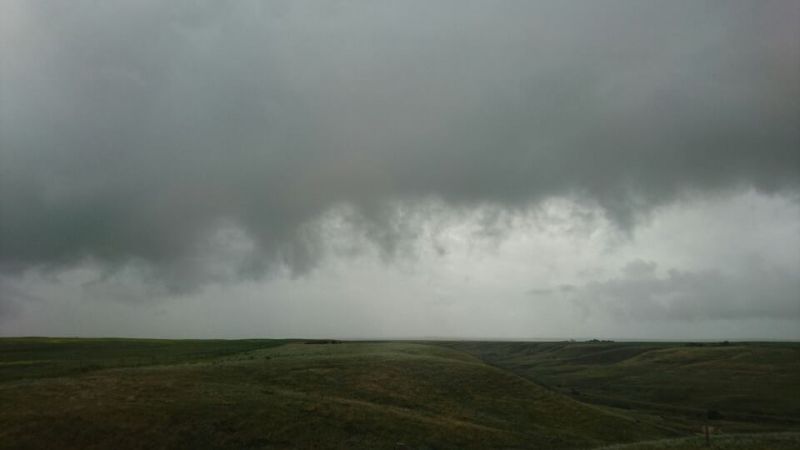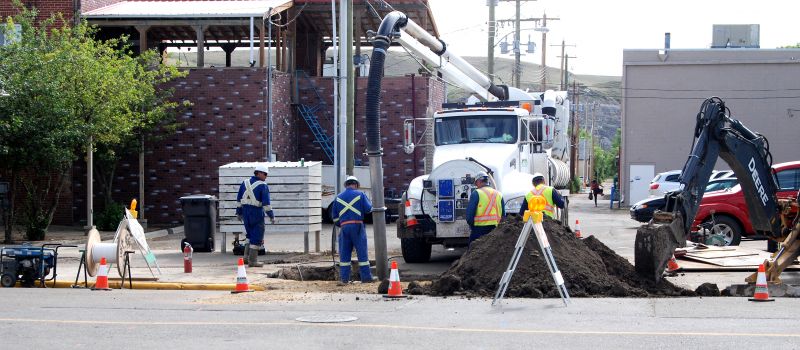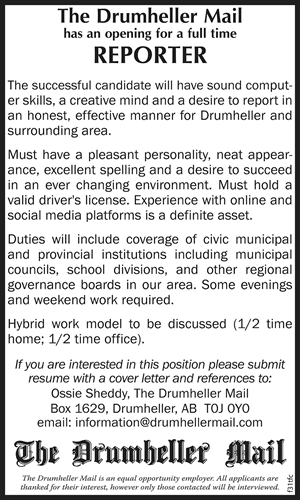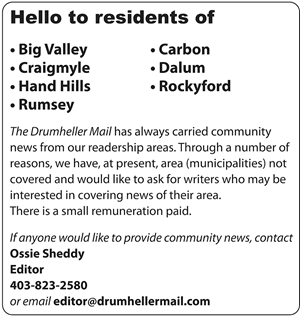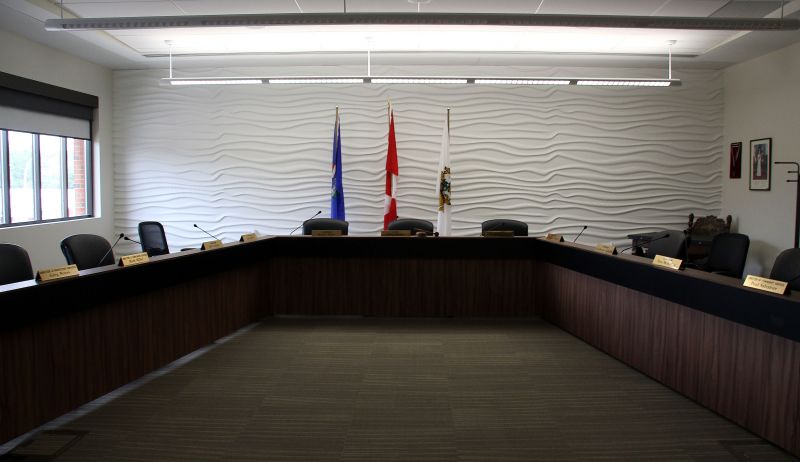
Municipal elections in Alberta won’t be held until October 2017, but some residents may already be feeling an urge to take a stand on an issue close to home or to step into a leadership role in their community. But it’s hard to know where to even begin running a successful campaign.
The base requirements for securing a seat in office are actually rather minimal. Municipal Affairs requires candidates to be at least 18 years of age on nomination day, a Canadian citizen, and they must have been a resident of the local jurisdiction for six consecutive months preceding nomination day. Candidates in towns are only required to be nominated by five eligible voters on their nomination form, which is provided by the CAO or town clerk.
Members of council are given the power to significantly influence the future of the community. This power depends on the individual’s ability to persuade other members of council to adopt particular views and to shape and establish policy for the municipality, with all decisions made at public meetings.
But while councillors usually only meet once a week, there are heavy time demands pressed on officials outside the council chamber walls. While serving a four-year term, councilors are required to serve on municipal boards as council representatives, expected to attend conferences, conventions, and seminars for training and discussion, as well as attend social events promoting the municipality. Councillors will also need to spend time reading material and talking to residents, coordinating with the Chief Administrative Officer, and take part in preparation for meetings in order to make informed decisions.
Both Alberta Municipal Affairs and local members of council recommend prospective nominees familiarize themselves with council agendas and meeting minutes, as well as talk to current members of council and the community at large.
“One of the things I like to see, and that I would recommend, is for people to have been involved in the community,” says councillor Tom Zariski. “Before you run for council it’s always a good idea to be active in some of the not-for-profit organizations in the community. Volunteering for various different things gives you an appreciation for what’s going on in the community and a knowledge base for how things work and what things cost.”
Councillor Lisa Hansen-Zacharuk agrees that community networking and administrative know-how is a leg up in a successful run.
“I know from my own personal experience that being engaged and just talking to people was, to me, the most important aspect. You can put up lawn signs and debate, but if you don’t go out and meet people, your success rate is far less,” she said.
Campaigning for council in a town is far different than complicated platforms in city elections. A person’s networking ability and established community connections are often enough to carry a candidate, but most often nominees will also use signage and local media to advertise their run.
“Just get out there, get talking to people, get involved and always be a part of the community. I feel people want someone who is engaged and cares about the community, rather than someone who is running on their own ideals,” said Hansen-Zacharuk.
"One of the challenges is, of course, to communicate to the community where their money goes," said Zariski. "Probably the biggest thing for me was just getting up to speed on how the town is basically funded."
“Everybody always goes into council with their guns blazing, thinking they’re going to make huge changes and they’re going to get things done now. I think the big shock is how slow those changes actually take to be accomplished, simply because there is so much legislation that you have to follow to implement anything. It’s a long, sometimes slow process,” said Hansen-Zacharuk.
